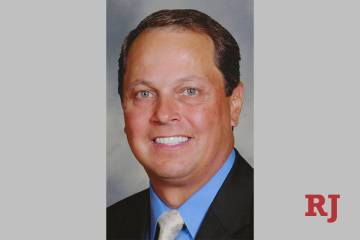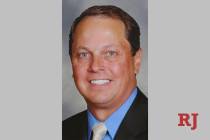When employers discuss job aptness, they often refer to company culture
Postinterview advice abounds. Write a thank-you note. Follow up in the amount of time the employer suggested when you asked and don’t overlook some of the best employer feedback. Sometimes it comes wrapped in the message that you don’t fit in the new environment. Think strategically.
PRECONCEPTIONS
Software engineering recruiter Scott Dunlop, founder of The Bivium Group in Belmont, Mass., alerts candidates to the multiple meanings behind “fit,” including the cultural, “a catch-all,” behind the sentence, “I’m concerned about X.”
Employers who see resumes first are likely to hold preconceptions.
“If candidates are viewed negatively but have a great phone interview, they’ve already made some sort of decision,” Dunlop says, “such as you’ve stayed in a job too long or included hobbies. If they liked you from the resume but there’s a problem on the phone — deal-breaker things, such as conflict with a manager — they’ll still bring you in. If they say you’re not a technical fit and they didn’t even ask a question,” a preconception likely reigned. You probably didn’t demonstrate the ability to learn a new skill quickly.
“I think there’s some overlap in industries where you can demonstrate that you picked up knowledge in something else,” he adds. “Companies want great generalists who can adapt quickly.”
WHAT TO DO
You may respond to remarks about “fit” in three ways. Find out more on the spot, suggests Lucinda Clark, managing editor of P.R.A. Publishing in Martinez, Ga.
“The statement isn’t helpful without the follow-up question, ‘Why not?’” she says.
If the response signals lack of cultural fit, she then recommends doing your due diligence on the company and its culture.
“Research is king in finding one’s fit,” Clark notes.
It’s possible that the research you do shouldn’t necessarily be on the company. John Wojcio, career coach at Advantage Training & Development in Endicott, N.Y., indicates that negative feedback may refer to personal style. In that case, you might belong in another organization or you might need “greater self-awareness and other-awareness.”
He uses an online self-assessment tool, DiSC, to help individuals know “what to look for, how to look for it and what to do. We’re always trying to read people so we can communicate as effectively as possible under the circumstances.”
Wojcio tells the story of a client who’d interviewed well several times without crossing the finish line. A single comment about his personality in one of the organizations prompted him to seek career counseling.
Did he need a career change? Did he need to do more digging into companies? Wojcio helped him gain greater awareness of himself and the impact his enthusiastic style had on others, especially those with a more reserved, data- and detail-driven style. Incorporating his new approach, he interviewed at another organization and landed the job.
Dunlop says only the rare candidate or job is perfect. He favors asking employers if they have questions or aren’t really sure you’re the right one.
“If they haven’t indicated doubt, ask them if they have concerns,” he says.
Do this before you’re on your way out the door. If so, begin to respond nondefensively by “smiling and taking a deep breath to show you’re composed and professional,” he says.
Although he says the chance of being hired under these circumstances are slim, recognize that “no doesn’t mean no forever, just today.”
Dr. Mildred L. Culp celebrates entrepreneurs and their spirit in THE RIDE®. © 2013 Passage Media.




























